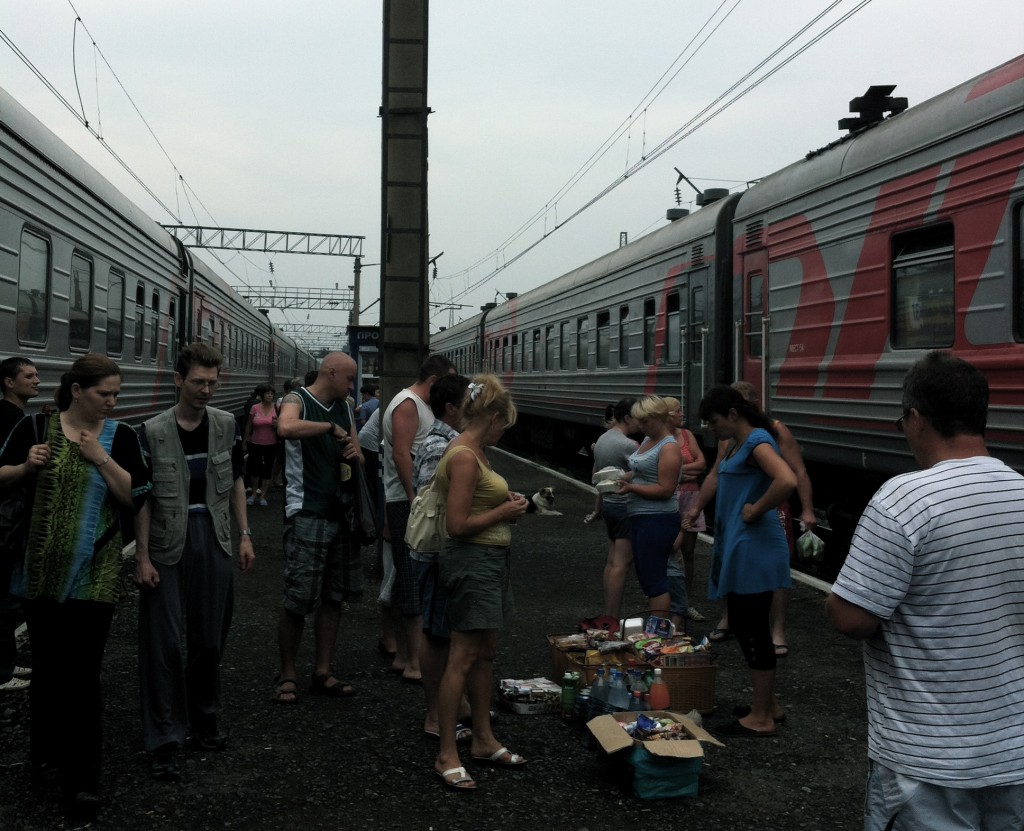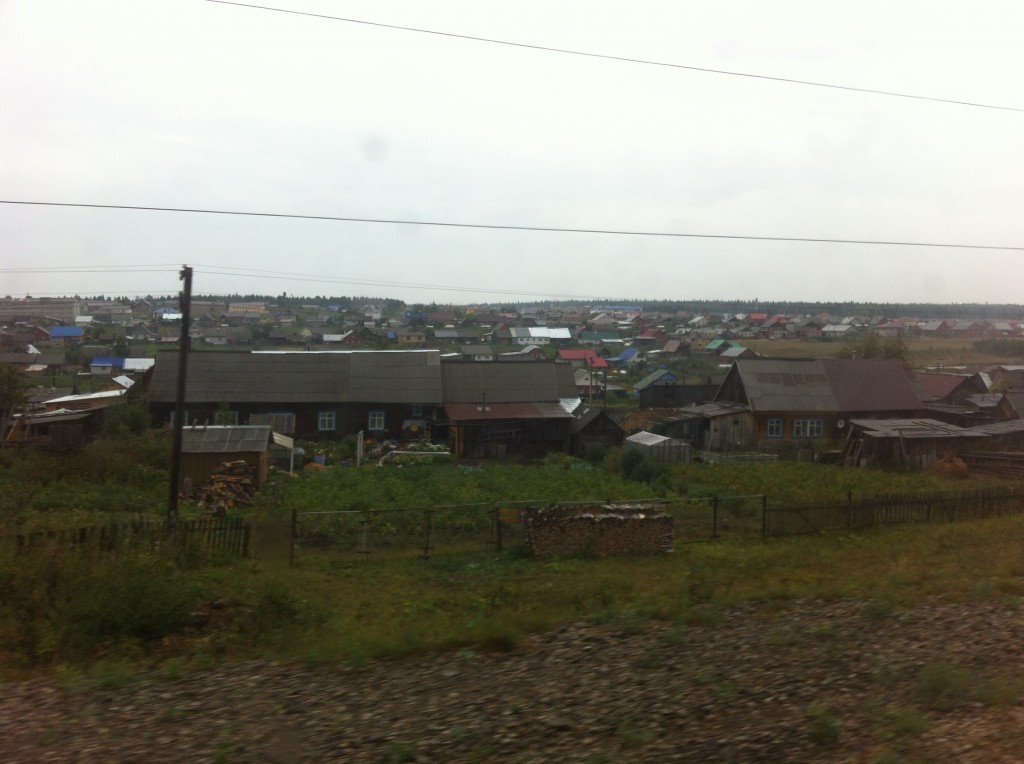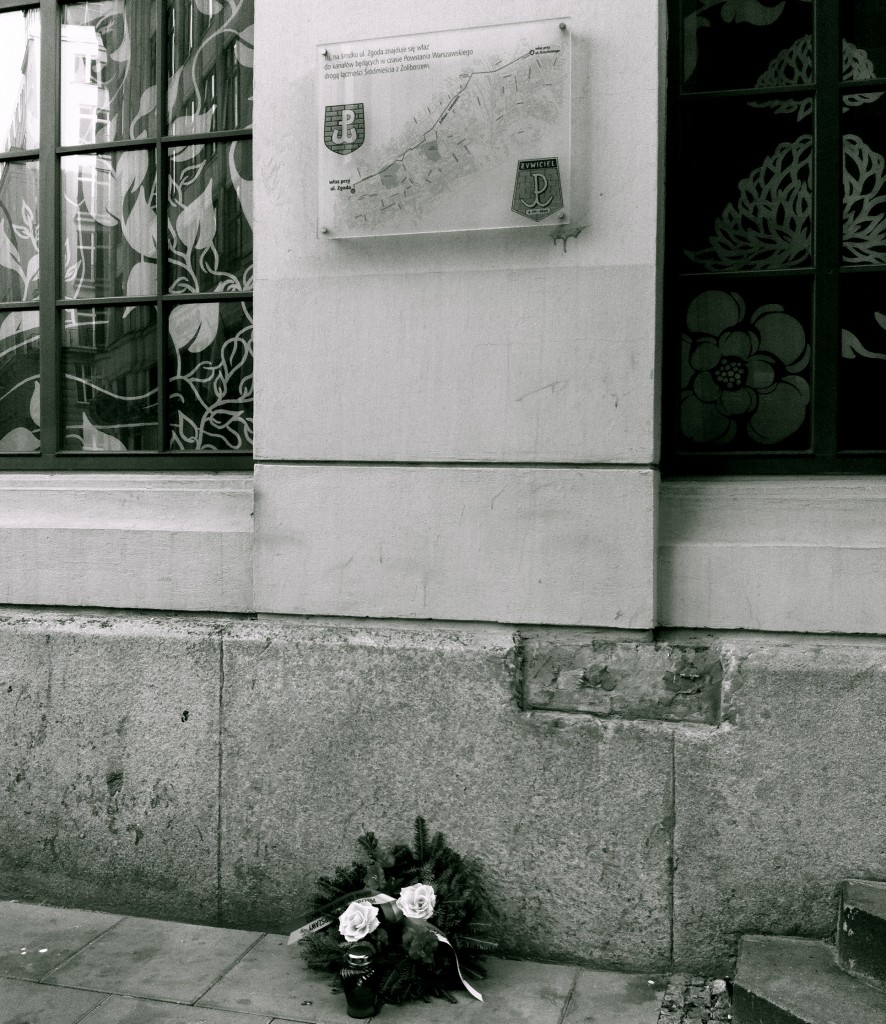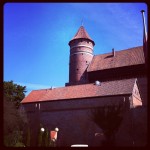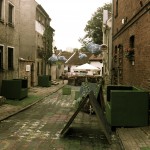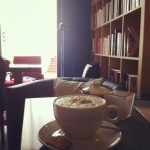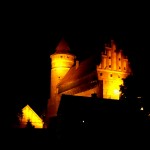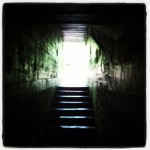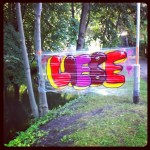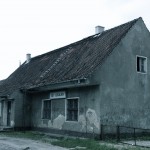Russian train travel is not as exciting as it sounds. Russians do it all the time. While ‘Westerners’ recall their times on the Trans-Siberian railway with watery eyes, most Russians I’ve met on the train would prefer to take a plane. Like Yulia, the Siberian lady with acute ear who traveled from Vladimir to Novosibirsk, two days on the train. Or the student couple who shared our compartment until Perm, who said the only advantage was the cheapness of Russian train tickets.
But then there is something appealing about 30 hours on the train. After you’ve exhausted all the amusement potential that your smart phone or tablet provide, worked for three hours and read half of your book, you would have long reached your destination anywhere in Central Europe. Here, you still have 22 hours to go. So you tend to take more time for things, like recharging your phone in the corridor of the railcar (the only place with power points), watching the endless woods and the rain and the small, grey villages passing by the window for half an hour, an hour, just because you have the time.
Oh, and while I thought for the first three quarters of my trip that vodka-bottle wielding Russian males in undershirts belonged to the realm of legend, our compartment was suddenly stormed by three young men in nothing but shorts and slippers, bringing vodka and an orange-ish concoction they called ‘old beer’ to their two companions who had taken the place of the students in Perm. I kindly refused their offer of a drink at half ten in the morning.
—
Zugfahren in Russland ist nicht so aufregend wie man denkt. Russen machen es schliesslich die ganze Zeit. Und während viele Menschen im “Westen” mit Tränen in den Augen an ihre Zeit in der Transsibirischen Eisenbahn denken, würden viele Russen es bevorzugen zu fliegen. Wie zum Beispiel Yulia aus Sibirien, mit der ich mein Abteil teilte: nur wegen ihrer Mittelohrentzündung nimmt sie die zwei Tage im Zug von Vladimir nach Nowosibirsk in Kauf. Oder das Studentenpäarchen, welches bis Perm bei uns mitfuhr. Für die beiden ist der einzige Vorteil der russischen Bahn der günstige Ticketpreis.
Und dennoch, 30 Stunden im Zug haben etwas für sich. Selbst wenn man alle Unterhaltungsmöglichkeiten seines Smartphones oder Tablets aufgebraucht hat, drei Stunden gearbeitet und das halbe Buch gelesen hat (und in Mitteleuropa längst am Ziel angekommen wäre), bleiben einem in Russland immer noch 22 Stunden im Zug. Man nimmt sich mehr Zeit für kleine Dinge, wie z. B. das Aufladen des Handys im Gang des Abteils (der einzige Ort mit Steckdose), und schaut dabei aus dem Fenster. Eine halbe Stunde, eine Stunde. Schaut auf endlose Wälder, den Regen, kleine graue Dörfer.
Auch dachte ich, zumindet für die ersten drei Viertel der Strecke, dass das Bild des Unterhemd-tragenden, Wodkaflaschen-schwingenden Russen ins Reich der Legende gehört. Bis auf einmal drei Herren ins Abteil stürmten, in nichts als Shorts und Schlappen, und ihren beiden Kumpels (die in Perm zugestiegen waren) Wodka und eine orangenfarbige Flüssigkeit vorbei brachten; “altes Bier”, wie sie es nannten. Da es erst halb Elf morgens war, habe ich einen Schluck dankend abgelehnt.
